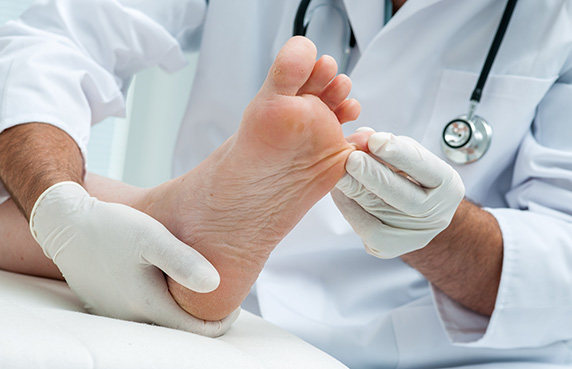More than half of all people affected by thyroid disease are unaware of their condition. Thyroid disorders affect far more women than men, and the risk increases with age. While both men and women experience stress and exposure to environmental toxins, women are more vulnerable to thyroid imbalances due to hormonal changes throughout their lifetime (puberty, birth control pills, pregnancy, menopause, HRT). Many symptoms of hypothyroidism and menopause overlap. While hormone replacement therapy often focuses on estrogens, progesterone, DHEA and testosterone, optimal hormone balance cannot be achieved without correcting thyroid hormone imbalances.
Thyroid hormone helps the body convert food into energy, regulates body temperature, and impacts reproduction and many other hormonal functions. In hypothyroidism (underactive thyroid), either the thyroid’s ability to make and release T4 or the body’s ability to convert T4 to T3 becomes compromised often showing up in the form of elevated TSH. When thyroid hormones are not available in the proper form and amount, many bodily functions are disrupted.
People with hypothyroidism have an increased risk of kidney disease, and when thyroid hormone levels drop, the liver no longer functions properly and produces excess cholesterol, fatty acids, and triglycerides, which increase the risk of heart disease. Hypothyroidism is the second leading cause of high cholesterol, after diet. High cholesterol may also increase the risk of Alzheimer’s disease.
Compounding enables physicians to prescribe thyroid hormone therapy in a customized dose, and without excipients such as lactose, corn starch, and gluten, which represent some of the most common food sensitivities that can exacerbate symptoms of hypothyroidism.
Individuals with low levels of thyroid hormones (hypothyroidism) may have several of the following symptoms, but may not be diagnosed for years:
- Slowed metabolism and slowed heart rate
- Cold and heat intolerance – cold hands and feet
- Fatigue
- Fluid retention – face, legs, eyelids and abdomen
- Dry skin, eyes and/or hair
- Yellowed skin
- Loss of eyebrows
- Constipation
- Headaches, migraines
- Depression, apathy and anxiety
- Irritability – low self esteem
- Low sexual desire
- Infertility
- Memory and concentration impairment
- Enlarged tongue, deep voice and swollen neck
- PMS, Irregular menstrual periods
- Lack of exercise tolerance
- Weight gain (especially in the abdomen)
- Hypoglycemia (low blood sugar)
If you experience some of these symptoms, it’s important to be properly tested. Ask your doctor or our pharmacist for more information. Our pharmacists will work together with patients and their doctors to customize medications in the specific strength and dosage form that is most appropriate to meet specific needs.
©Storey Marketing. All rights reserved.






